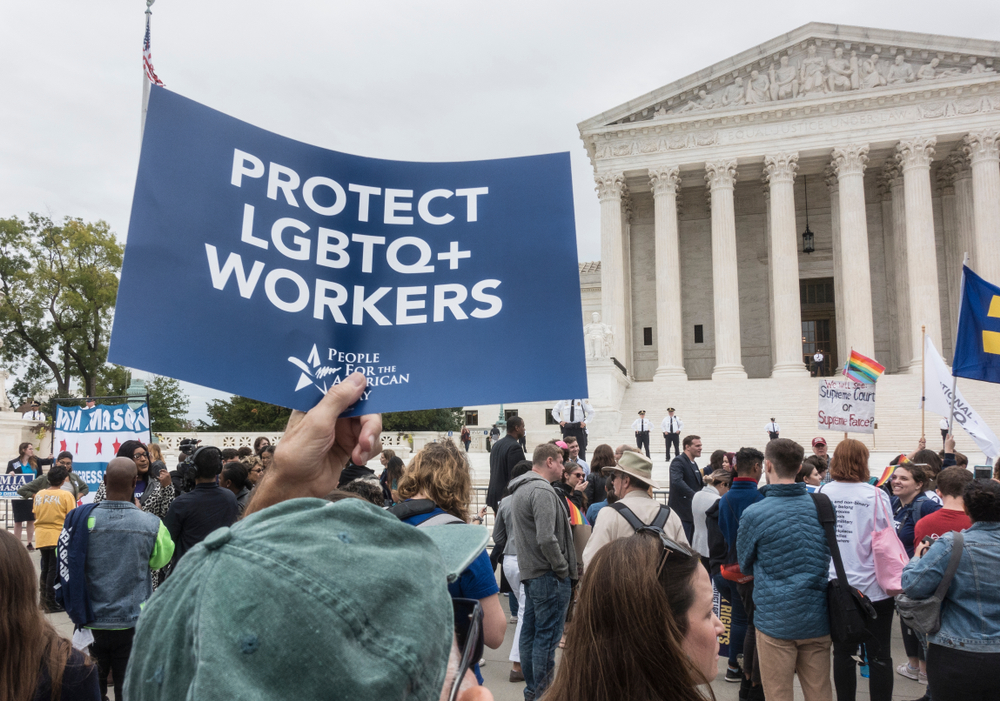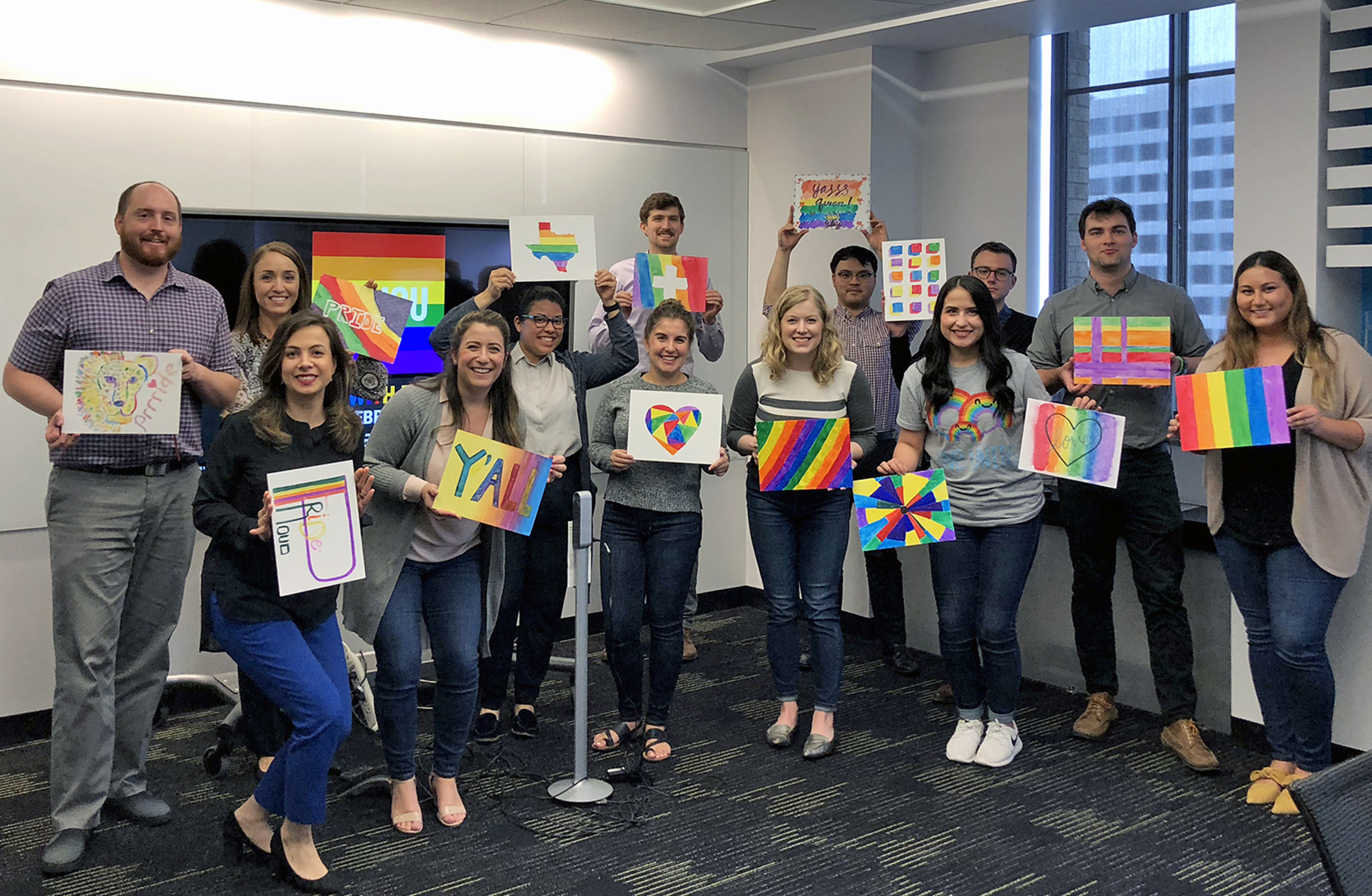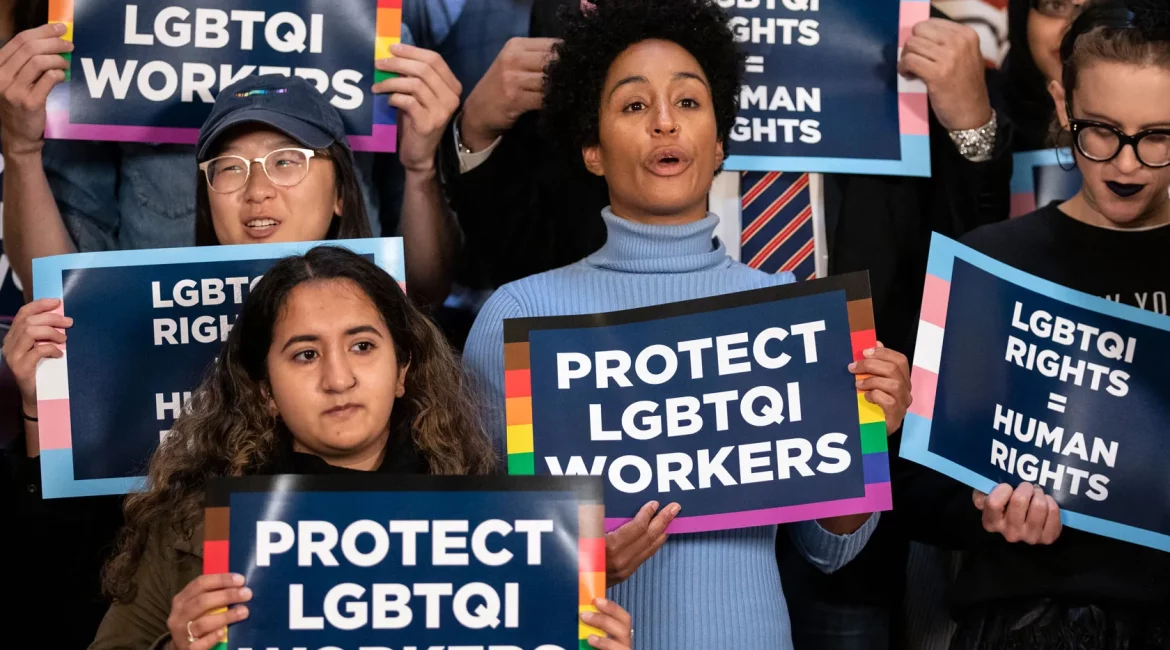Employment issues for LGBT people often remain a major challenge in many societies around the world. Despite progress in rights and acceptance, discrimination in the workplace based on sexual orientation, gender identity or expression continues to exist and affects many members of the LGBT community.
Employment challenges for LGBT people: stereotypes and discrimination
One of the key problems is stereotyping and bias. Some employers may have biased views against LGBT people, viewing them as less qualified or unable to perform certain jobs because of their sexual orientation or gender identity. This creates barriers to employment and career growth.
Another problem is the lack of protection against discrimination at the legislative level. Some countries do not have clear laws protecting the rights of LGBT workers from discrimination in the workplace. This leaves them vulnerable to possible violations of their rights and unfair treatment by employers or colleagues.
There are also challenges in providing a work environment free of hostility and mobbing. LGBT employees often experience hostility from colleagues or superiors, which creates stress and negatively impacts their performance and emotional well-being.

Solving these problems requires broad public support and appropriate legislative measures. This includes developing and implementing laws that protect the rights of LGBT workers, conducting training programs to combat bias in the workplace, and creating more inclusive and welcoming work environments.
How to successfully get a job: tips for LGBT people
Here are some tips for LGBT people when applying for jobs:
Research company policies. Please review the company’s inclusion and non-discrimination policies before applying for a job. Understanding their approach to the LGBT community will help you choose the most suitable place to work.
Network communication. Use your networks and contacts in the LGBT community to research companies and evaluate their attitudes towards LGBT people. It can also help you find guidance and support.
Prepare for the interview. Be prepared to answer questions about your personal life only to the extent that you feel comfortable. Please remember that you are not required to disclose your sexual orientation or gender identity during an interview.
Seek equal opportunities. Look for companies that actively promote equality of opportunity and inclusion in the workplace. This may be reflected in their policies, culture of corporate responsibility, and inclusion in the LGBT community program.

Use resources. Reach out to local and international LGBT rights organizations for advice, resources, and support during the employment process.
Be self sufficient. Remember that your personality and competencies are important to the employer. Self-confidence, professionalism and openness to cooperation can be key factors in your success in the job market.
Know your rights. Familiarize yourself with LGBT laws and rights in your area. If you experience discrimination in the workplace, knowing your rights can help you protect yourself and take action.
Education and development. Seek out learning and professional development opportunities at companies that value diversity and inclusion. This may include training on LGBT issues, mentoring programs and career support.

